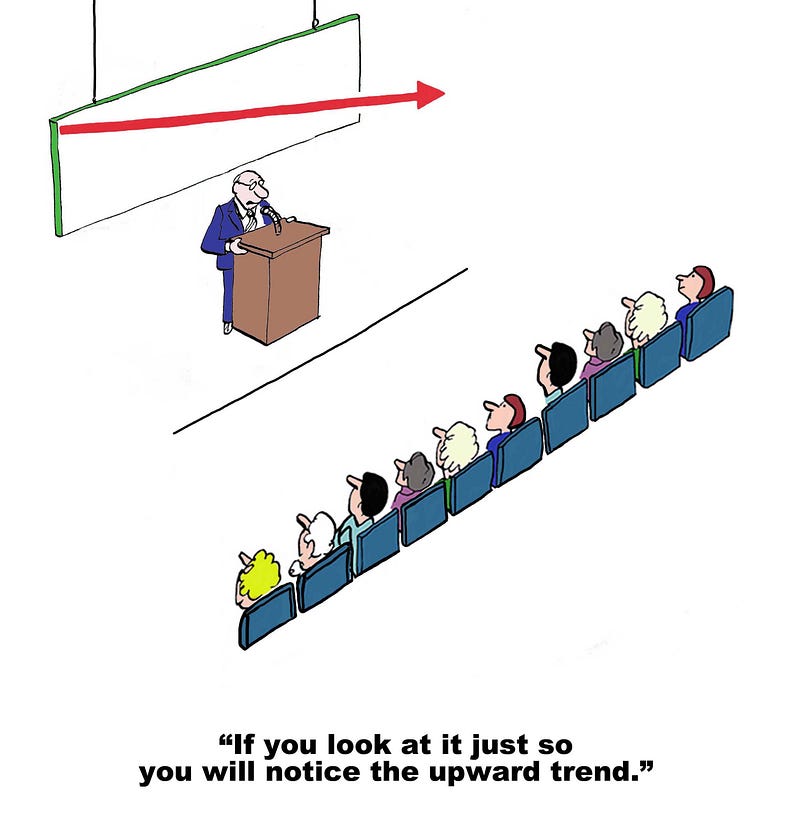10 Questions Shareholders Should Ask at Annual Meetings
Sorry, CFOs. Here are the tough questions shareholders should ask at the annual shareholders meeting to make their attendance a useful investment of time.
By Jeff Johanns

It’s once again proxy season, which means it’s time for annual shareholder meetings. Most attention these days is focused on matters relating to hot button issues like cybersecurity, corporate social responsibility, and board diversity and shareholder proposals relating to the CEO pay ratio and other management compensation issues.
But the annual shareholder meeting represents a unique opportunity for shareholders to directly ask questions of board members, management, and external auditors. (They will be sitting low in their chairs hoping that nobody notices their presence — and usually no one does.) That’s unfortunate; this is a rare opportunity for shareholders to interact directly with the auditors.
The company’s proxy statement will even notify shareholders of the external auditor’s likely physical presence at the meeting with a warning:
“Representatives of [audit firm] will be present at our Annual Meeting, will have an opportunity to make a statement if they desire [they won’t] and will be available to respond to appropriate questions from stockholders.”
I’m here to help you think of those “appropriate” questions. Each question will likely draw a quick frown from the chief financial officer on the podium — a signal that you’re asking the right question.
Mr. /Ms. Auditor Partner:
1. When you asked the CEO, “What keeps you awake at night?” what did he/she really say?”
This is a standard annual auditor question, and sometimes the chief executive officer will actually give the auditors a straightforward answer. The answer may tell you what the tough issues facing the company really are and provide insight into a potential future drop in stock price.
2. Did you discuss any matters with the audit committee related to internal investigations of whistleblower matters? If so, what did the matter relate to, and what was the result of the investigation?
There just might be a potentially nasty Foreign Corrupt Practices Act fine coming you don’t know about or a previously undisclosed cybersecurity breach.
3. Does the audit committee chair really understand complex accounting matters and internal controls? What are specific examples that support your answer?
This will induce a number of sideways glances, but at least you might get some insight into whether the audit committee chair has any real qualifications for the job, or not.
4. Did you report any internal control “significant deficiencies” to the audit committee this year? If so, please describe the deficiencies in detail, and tell us why they weren’t called “material weaknesses.” And, by the way, did you initially conclude any were “material weaknesses” and then later change your mind?
The key here is that “material weaknesses” in internal controls must be reported to the public, but “significant deficiencies” do not have to be. How do management and the auditor decide which label to apply? Only by applying judgment. This is a tough call for the auditors, but if you want to know where the agonizing occurred, this question will provide the answer.
5. Are there any items on your unadjusted error schedule because you thought the accounting was wrong but management disagreed with you? If so, please describe these items in detail, and explain why you didn’t make the company correct the errors.
Many people aren’t aware, but virtually every audit results in a list of errors in the accounting records that weren’t fixed by management in their public financial statements, generally based on the conclusion that the errors were not “material” to investors. If you want to identify the tough discussions and disagreements between management and the auditors, ask this one. The answer might make you wonder how accurate some of those tough estimates in the financial statements really are.
Why stop with the auditors? Now that shareholders are on a roll, why not ask the audit committee chair and the CEO a few zingers.

Audit Committee Chair:
6. Did the audit partner call you directly to discuss any matters? I mean, other than in connection with normal, ongoing meetings. If so, what did the partner call you to discuss?
That call only gets made if there is trouble coming for the company — likely an investigation into an accounting fraud.
7. Who made the decision to reappoint the audit firm and who conducted the majority of fee discussions with the auditors this year — you or management?
This might give you an opportunity to remind audit committee members about their responsibilities under the Sarbanes-Oxley Act. Many audit chairs could use it.
8. Why is your audit committee report so boilerplate?
In case you don’t know, this report is included in the proxy statement you received informing you about the shareholders meeting. Traditionally, these reports haven’t been very informative. That seems to be starting to change, with a lot of focus on audit committee disclosure and transparency these days. Is your audit committee paying attention?
9. What does COSO stand for?
OK, kind of a trick question. But it goes to the issue of basic qualifications. (It stands for the Committee of Sponsoring Organizations of the Treadway Commission; this committee makes the rules for internal control structures.)
Now CEO, it’s your turn:
10. Did you call the audit partner directly this year? If so, why? What did you discuss?
This call only gets made to apply pressure to the audit partner for some reason. If it happened, find out why. Maybe something like: “Hey [insert audit partner first name, because we are all friends here], we really need that revenue this quarter.”
Asking these questions won’t be easy. Management generally attempts to maintain a strictly controlled agenda designed to make the entire event a rapidly paced blur, starting and ending before the attendees have an opportunity to actually participate. If shareholders have the courage to throw in a red flag to interrupt this tightly written script, they might actually learn something meaningful about the company and turn the annual shareholders meeting into a useful investment of their time.
Jeff Johanns is a lecturer in the Accounting Department at McCombs School of Business, The University of Texas at Austin. He is a former PricewaterhouseCoopers partner with more than 30 years in public accounting.
About this Post
Share:


